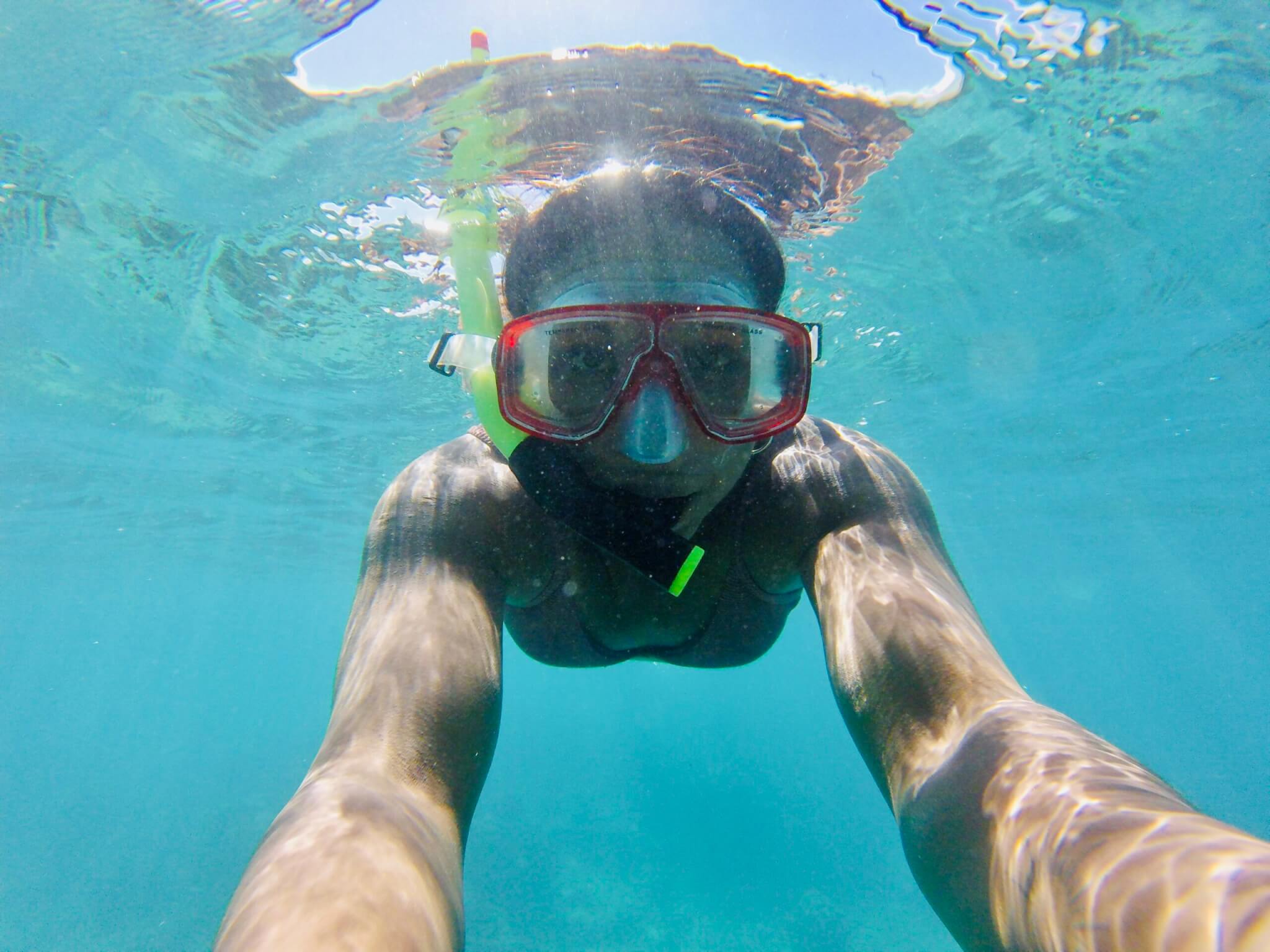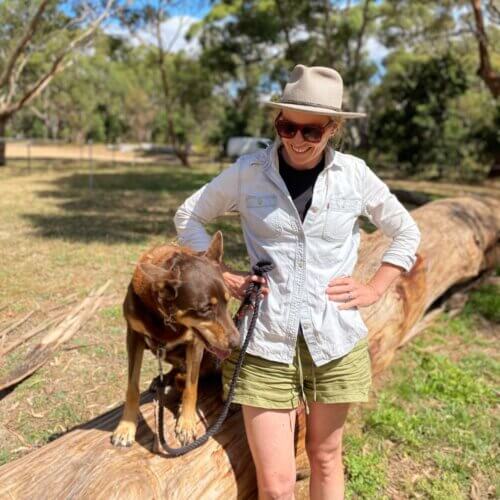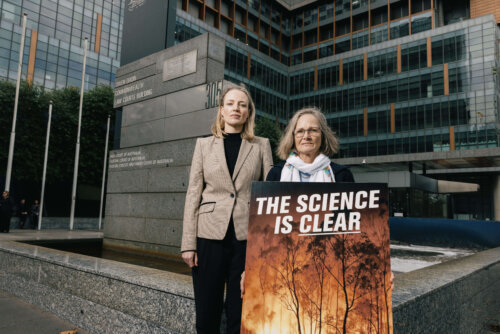From social justice to environmental justice, Ashika is a passionate senior climate lawyer from Fiji.
Based in Bunurong/ Boonwurrung country, Ashika works in EJA’s climate team.
She leads on legal advocacy with the Climate Justice Legal Project (CJLP) – a partnership between EJA, the Federation of Community Legal Centres and the Climate Council.
Ashika uses the law to empower communities across Victoria to advocate and litigate for climate justice.
Before joining EJA, Ashika worked as a legal policy specialist in government working across various portfolios including forensic disability, complex needs, youth justice, child protection, police, legal aid and courts.
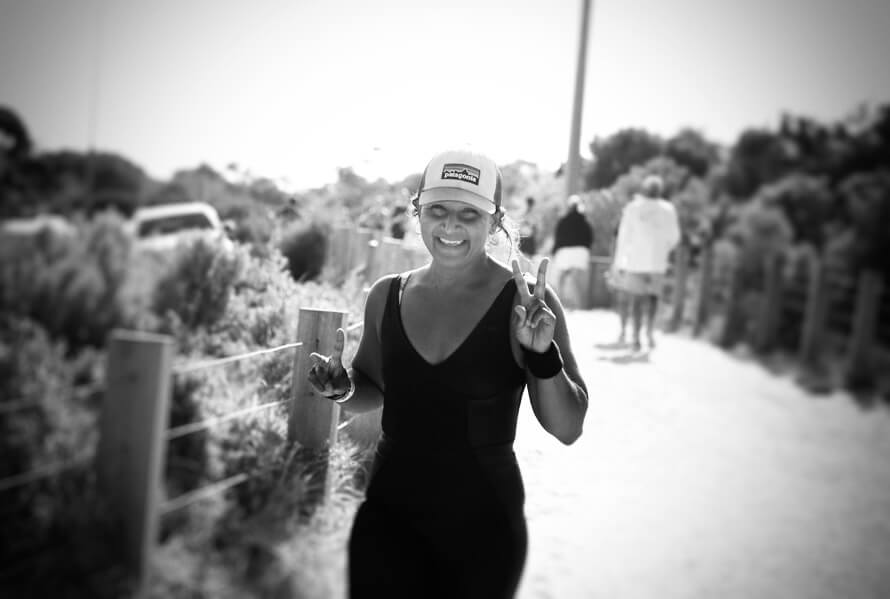
Why did you decide to become a lawyer?
I decided to study law after school because I was really interested in ideas of justice and fairness.
I grew up living in public housing after coming to Australia from Fiji – my mother had migrated as a single mother of three children, she escaped family violence to give us access to education and opportunities she felt we couldn’t have had and she worked as a cleaner here after being a teacher in Fiji, struggling to afford the necessities.
I grew up wanting to address the social injustice, inequity and discrimination that I observed impacting the families and communities around me. I knew their stories and knew I wanted to find ways to help make their lives better and disrupt the intergenerational cycles of injustice they experienced.
I did all the subjects in law school that would not get me a corporate job and knew that I wanted to pursue a career that fostered my passion for social justice. This led me to working in government in areas at the intersection of human services and justice – courts, legal aid, policing, community services, youth justice, child protection, forensic disability and complex needs.
I knew I wanted to use my knowledge of the law and the intersecting issues impacting vulnerable communities to influence decision-makers “from the inside” to advance social justice, First Nations justice, disability justice and now climate justice.
What drew you to Environmental Justice Australia?
After leaving government following close to two decades working for ‘humans’, I wanted to shift my direction to work for the planet and addressing the climate crisis.
EJA gives me an opportunity to use the skills and knowledge I've gained across justice and human services to supporting frontline communities disproportionately impacted by climate harms.
I was attracted to EJA’s broader vision of using the law to create a radically better world. For me that connects back to the reason why I decided to do law and what has driven my career – working to make the world a better place, especially and primarily for those who are unable to have a voice or capacity to do so on their own.
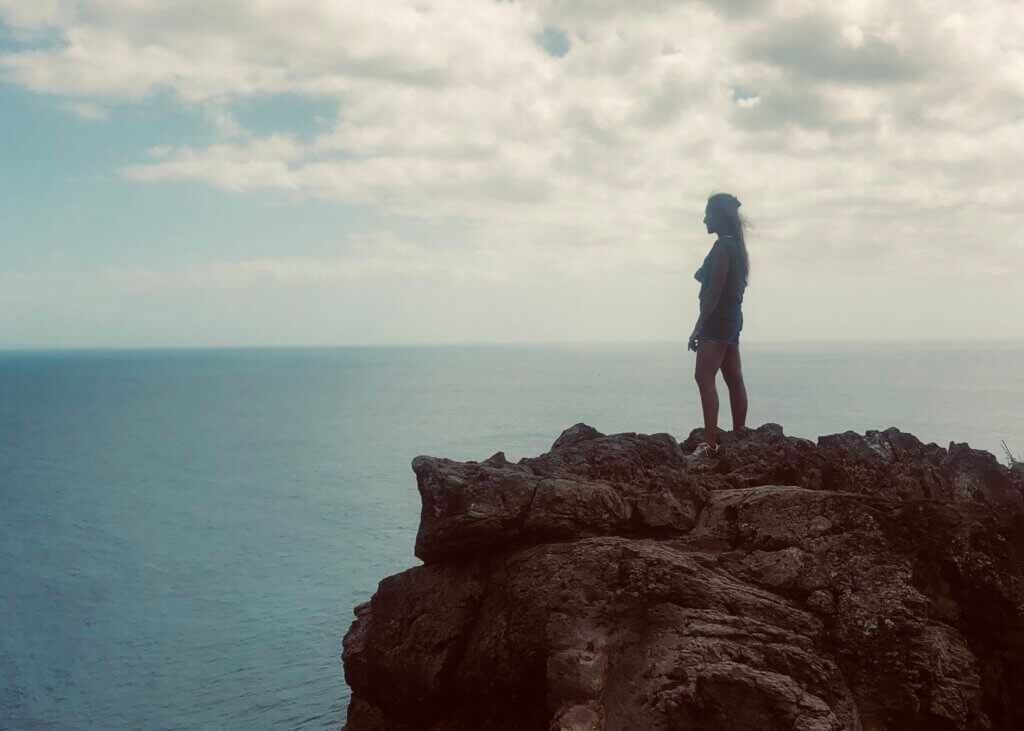
What do you love about your job?
I love delving into understanding community and social needs from environmental, climate and planetary perspectives and how all these layers are interconnected.
EJA supports its staff to “think big” – as a lawyer I love being in an organisation that agitates for broader impact and I feel privileged to be amongst and learn from colleagues and a leadership team that actively nurtures a culture of ambition and innovation.
What’s your hope for the future?
My hope is for a world that challenges injustices in all its forms.
I want to see a radical shift that dismantles power structures that concentrate decision-making, wealth and information in the hands of a few (usually old, white men) and distributes it into communities that are empowered to build their own versions of environmentally and socially stronger futures and give effect to First Nations knowledge and agency to the voiceless.
My hope is that my children and the generations after them are left with a world where they can experience the beauty of nature, their place within it and feel for themselves their role in protecting it.
What advice would you give someone who wants to follow a similar career?
Try different roles and content areas in different teams or organisations and if you can, try to get frontline experience at a Community Legal Centre or in another role where you are gaining direct client experience – you will be introduced firsthand to the complexity of people’s circumstances and their intersectional needs.
Learn from everyone around you but especially from the people you are helping – listen directly to them about their needs and translate that into approaches that lead to the outcomes they want.
Over the years, I've encouraged many graduates and new lawyers to consider working as an Associate to a judicial officer. It's a fantastic introduction to legal practice – I had the opportunity to experience this in the Federal Courts and it laid the foundations for my career.
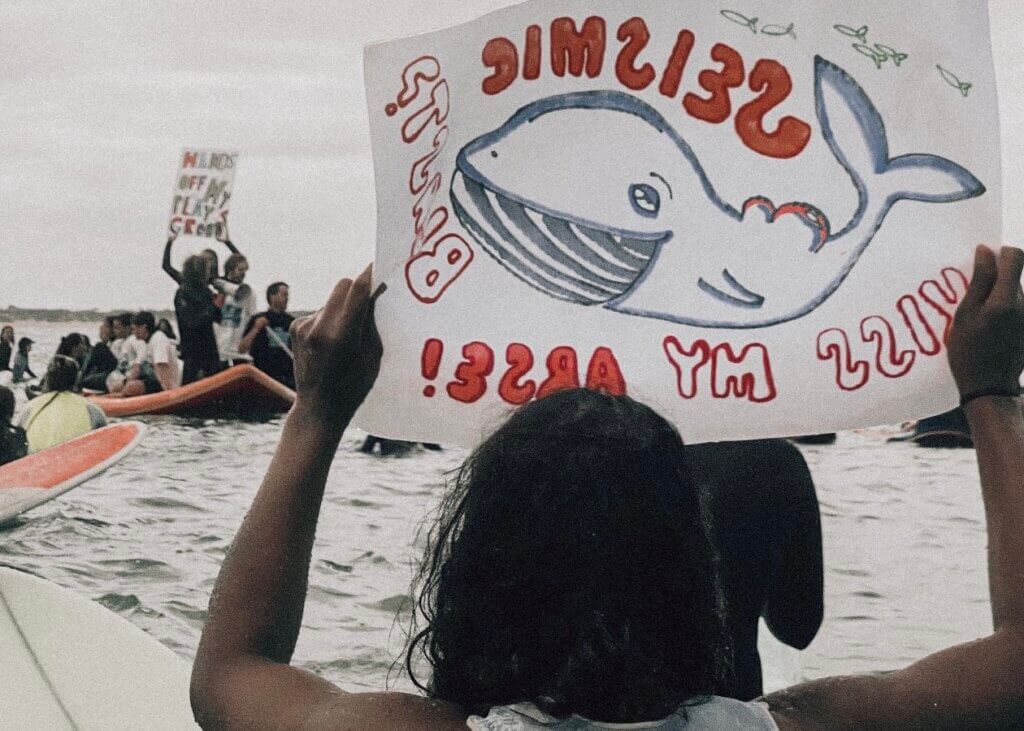
What do you love to do outside of work?
I love spending time with my two children, especially in nature. Nature has always been the greatest classroom and inspires us to connect together and share our thoughts and aspirations.
I try to be in and around the ocean as much as possible. I am a surfer and spend a lot of time chasing waves along Victoria’s western coastline, enjoying the beautiful Sea Country of the Wadawurrung and Eastern Marr peoples who have cared for it since time began.
I am the Chair of the Surf Coast Women’s Boardriders Club and am passionate about supporting women and non-binary people to get in the water and to care for the ocean we love.
I am a keen ocean photographer and when I’m not in the ocean myself, you’ll often find me perched on a clifftop trying to take a photo involving the ocean or surfing (preferably both!).
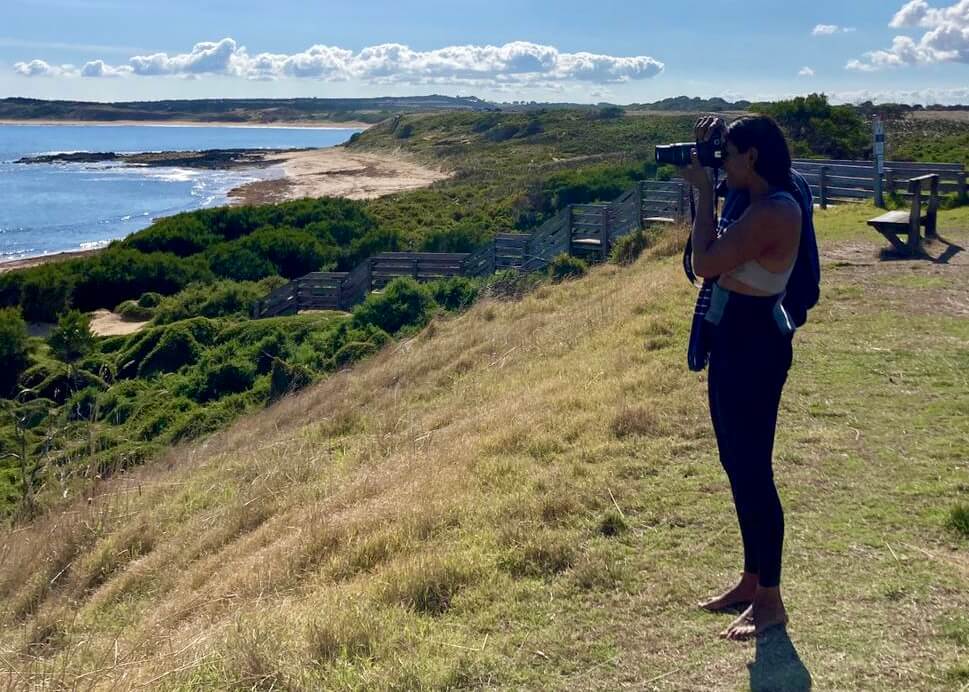
Read more about our work for climate justice
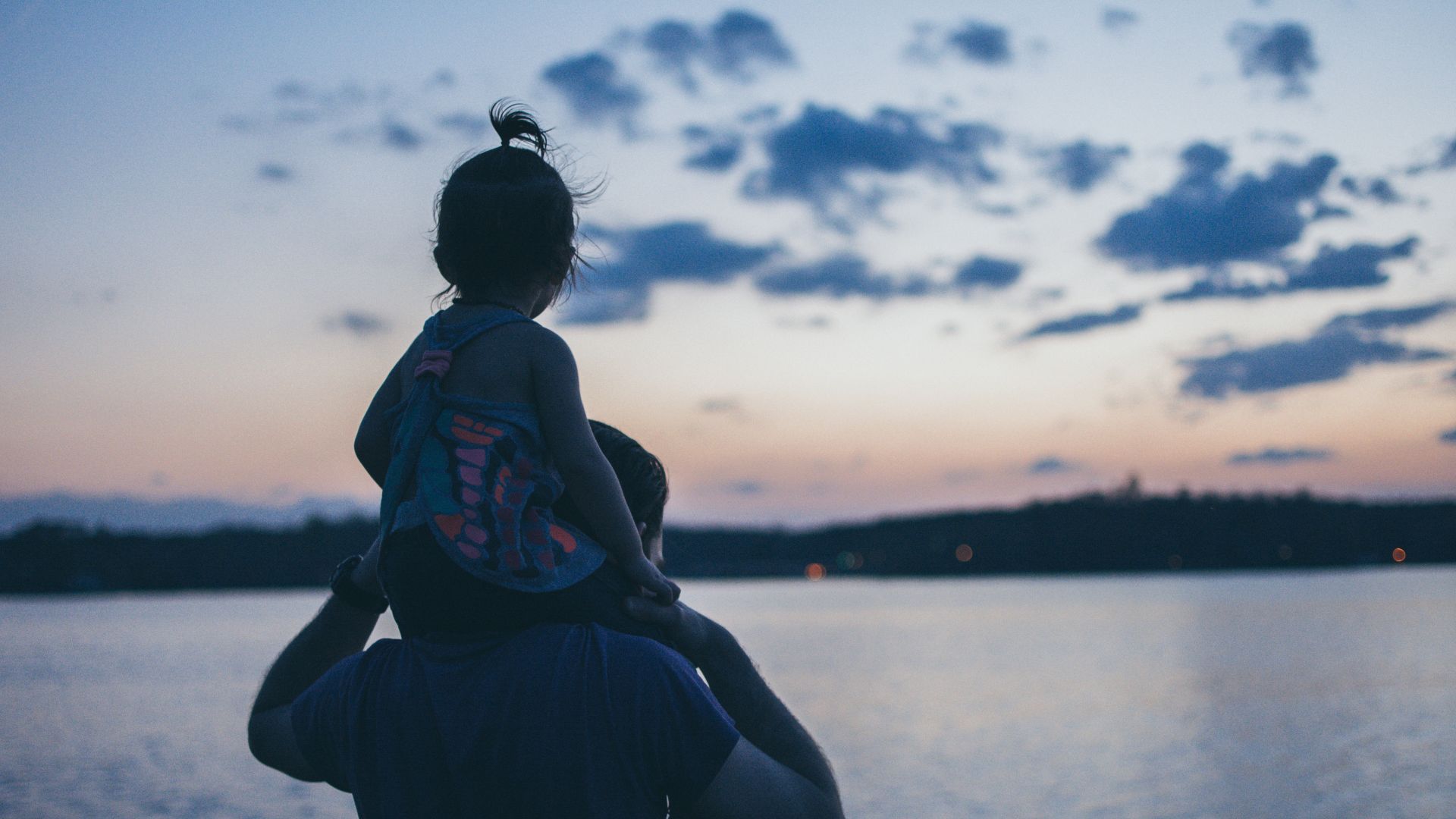
Make a difference
The challenges we face are vast. The time to push for large-scale system change is now.
Our financials
We have a long-standing commitment to sound fiscal management, accountability and transparency.
We encourage you to investigate before you donate.
Join us
The law is a powerful tool to disrupt the status quo and make governments and corporations accountable.
Join us and let's build a radically better world.
